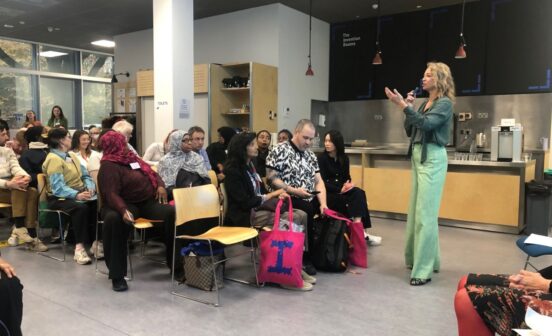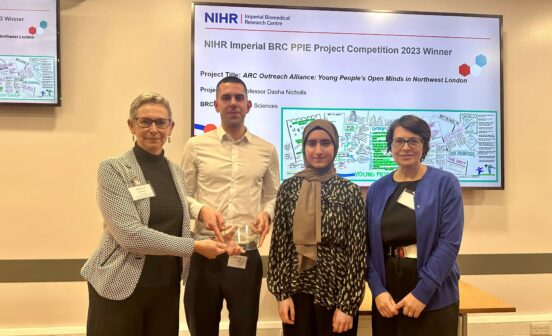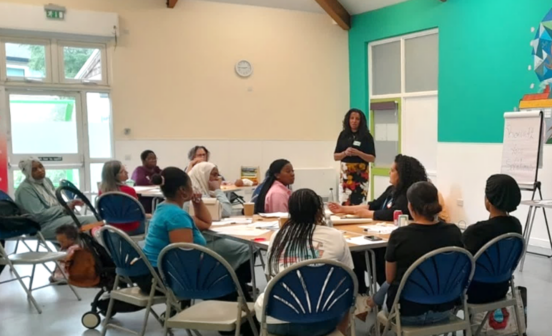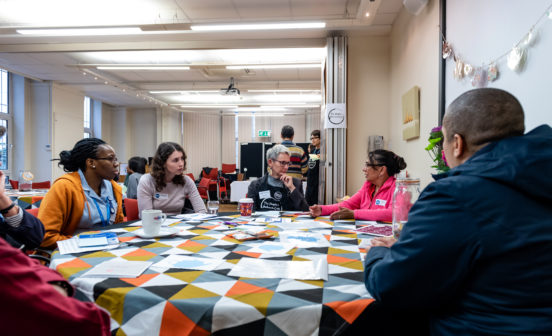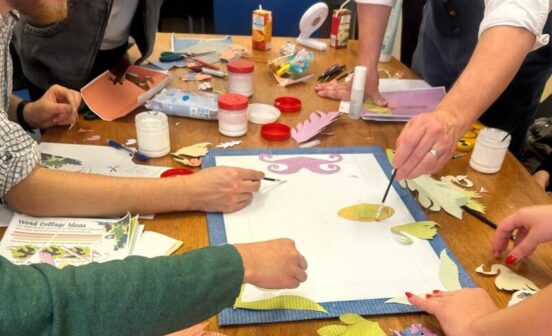Capacity & SkillsImproved OutcomesService Delivery Changes Community engagement session leads to redressing inequity in stroke services for the outer boroughs of Northwest London.
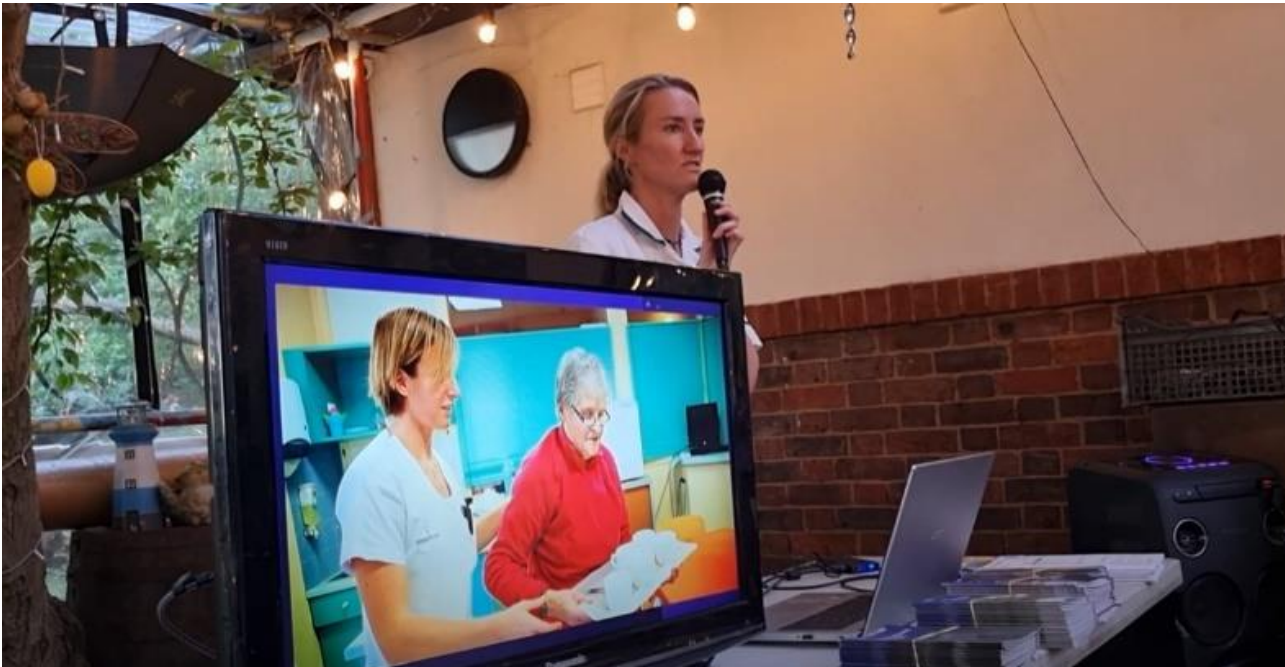
In June 2023, Harrow residents had no access to community stroke specific therapy services to support them with their recovery and secondary prevention after stroke. Recovery and adjustment to life after stroke is enhanced by this support. Therefore Harrow residents were likely to have poorer outcomes after stroke than those in neighbouring boroughs of Brent and Ealing. This inequity of stroke service provision in Harrow had been ongoing for at least the last 15 years. Many previous attempts had been made to engage with Harrow commissioners to highlight the massive discrepancy in stroke service provision.
A community outreach session in June 2023 on stroke delivered by an NIHR funded PhD researcher focused Harrow community leaders’ attention on the inequitable stroke service provision they faced. This meant poorer outcomes after stroke for the residents of Harrow.
This discussion resulted in engagement between service providers in NWL including Northwick Park Hospital, Integrated Care Board, the Stroke Rehab Lead and Harrow community leaders securing funding for a senior stroke therapist and a 4 x 12-week Bridging the Blues programme for the outer boroughs of NWL, run in partnership with the Chelsea Football Foundation. The programme focuses on reducing the risk of further stroke, healthy lifestyle promotion and exercise sessions.
Funding from LNWH Charity and Sport England has been secured to continue this programme with Watford FC for another year. Funding was also secured for an 18-month trial of a Harrow stroke early supported discharge service.
The son of a Bridging the Blues programme attendee described a number of benefits in an interview conducted with him as part the PhD:
‘They never say the risk factors are being like South Asian if you got diabetes, blood pressure, all that stuff I learned is what going to the 12-week program at Harrow. But I don’t remember anybody telling me prior to that. I didn’t even know my dad was at risk of having that?’
‘There’s not a lot of information in the communities. Yeah, definitely. I learned a lot about diabetes. I’ve learned about cholesterol. Blood pressure, sleep, effects of alcohol exposure. Importance of exercise.’
‘I would have not even known about like diabetes communities in Harrow, for example, and all the ones that I learned was through the course. I’m trying to share resources that I’m getting from this 12-week course in the emails to them.’
‘I thought like he ended up having that community of people and then he didn’t really just feel like I’m the only person dealing with this, you know, you know that he didn’t really feel like, uh, what’s the word? he didn’t really feel sorry for himself anymore.
‘Every single person we met there, like loads of people that my dad became friends with. And then they formed a group chat together’
He concluded the interview with ‘And then from there you mentioned this course and that course literally was life changing for him.’
Chelsea Football Foundation Bridging the Blues Programme https://www.chelseafc.com/en/news/article/bridging-the-blues
Summary-Report-Occupational-Therapy-22.06.2023-external.pdf
This case study was included in an Imperial BRC Community Partner in Research event in November 2024 and recordings of the presentations are available here:
Stroke Services Case Study (Part 1) – Jenny Crow – YouTube

